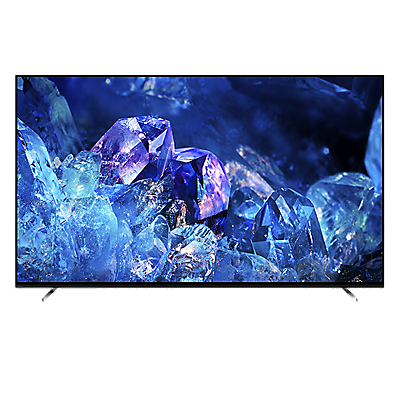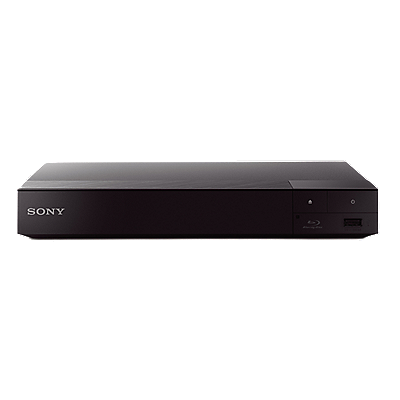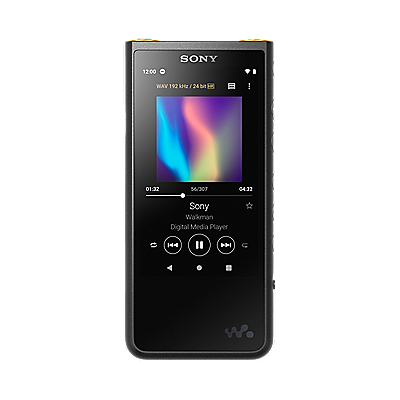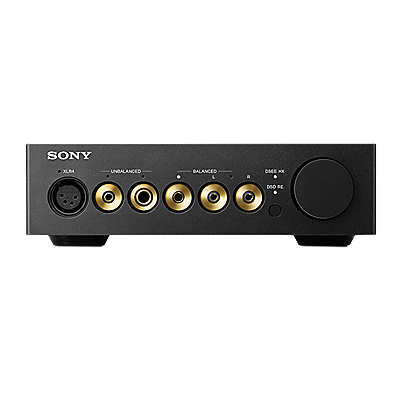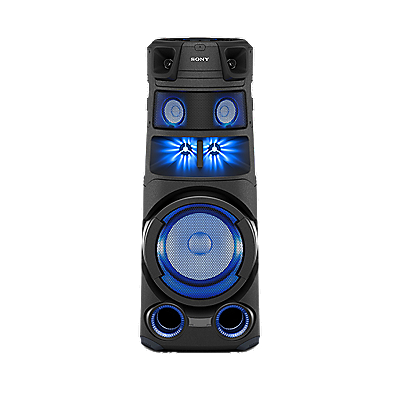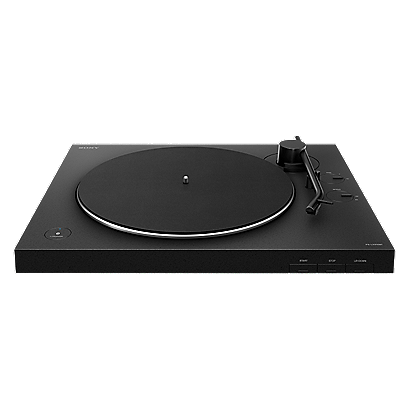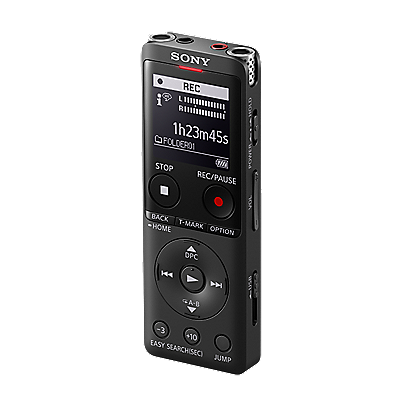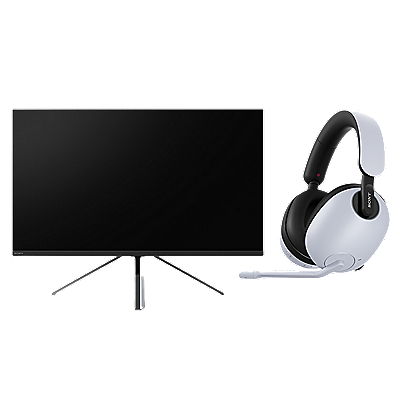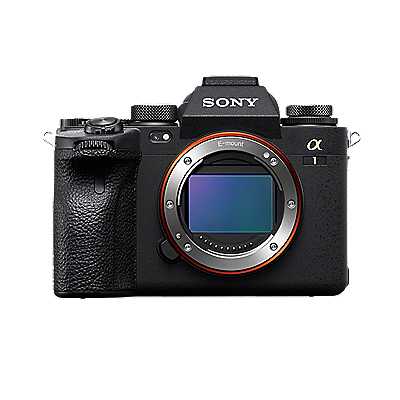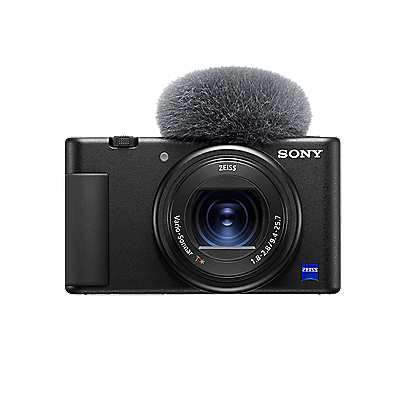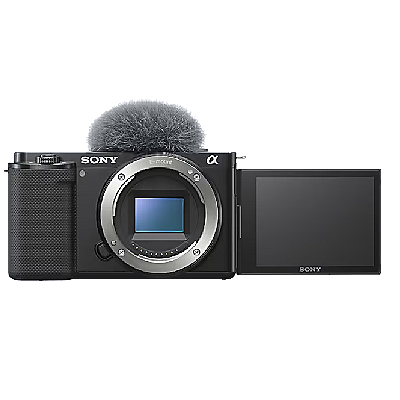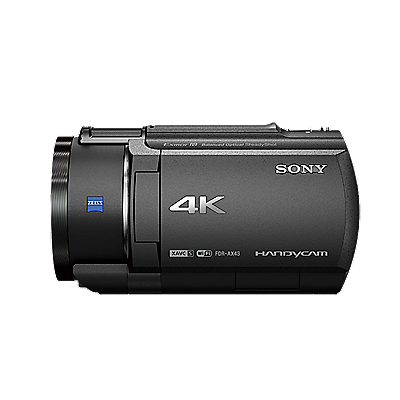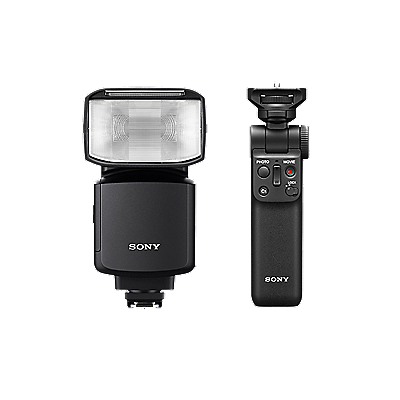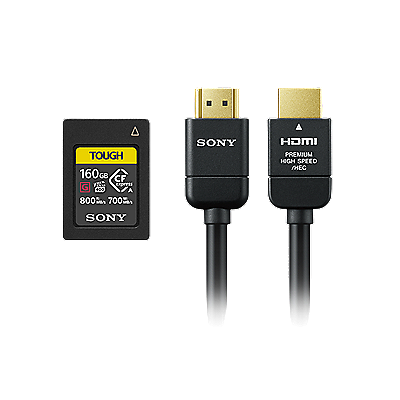The touch screen display responds slowly, erratically, or does not respond at all.
There are several things that can cause the touch screen display to respond differently than expected. Follow these steps to troubleshoot the touch screen display.
IMPORTANT: Before beginning this procedure, download and install all available driver, system and application updates.
NOTES:
- Not all computers have a touch screen display. To see if your computer has a touch screen display, check the computer specifications.
- Before attempting to use the touch screen, be sure to remove any protection sheet or covering that may have been attached to the LCD screen frame at the factory, otherwise the touch screen may not work correctly.
- If the touch screen issue began after the installation of any third-party hardware or software, to eliminate those as a possible cause, disconnect the hardware or uninstall the software before beginning this procedure.
- Avoid touching the screen roughly as your computer is equipped with a capacitive touch screen, which responds better to gentle touches.
- The touch screen will not work if you touch it with fingernails, or if you wear gloves.
- The touch screen may not work properly if the computer was turned on while touching the screen. In such a case, completely shut down the computer and then restart it using the power button.
- The touch screen may not work for several seconds after the computer returns to Normal mode from Sleep mode. In such a case, wait for a few seconds before using the touch screen.
- Because they can cause damage or a malfunction, for good touch sensitivity it is recommended that you keep the touch screen as clean and free of dust and dirt as possible.
- Some applications do not accept touch screen operations.
- Because each of these steps represents a possible solution to this issue, check the touch screen status after completing each step.
- Calibrate the touch screen .
- Remove the display driver from Device Manager.
NOTE: When the computer restarts, the operating system will find the device and reinstall the appropriate driver.
- Disconnect the AC Power Adaptor cord and remove and the battery for 30 seconds, then reinsert the battery or reconnect the AC Power Adaptor cord, or both.
- Reset the BIOS to the default settings.
- Restore the computer to a time when it was operating properly using the System Restore feature .
- Perform a System Recovery .
The troubleshooting steps listed above should resolve your issue. If you have completed all of the steps and the issue is not resolved, service may be required.
